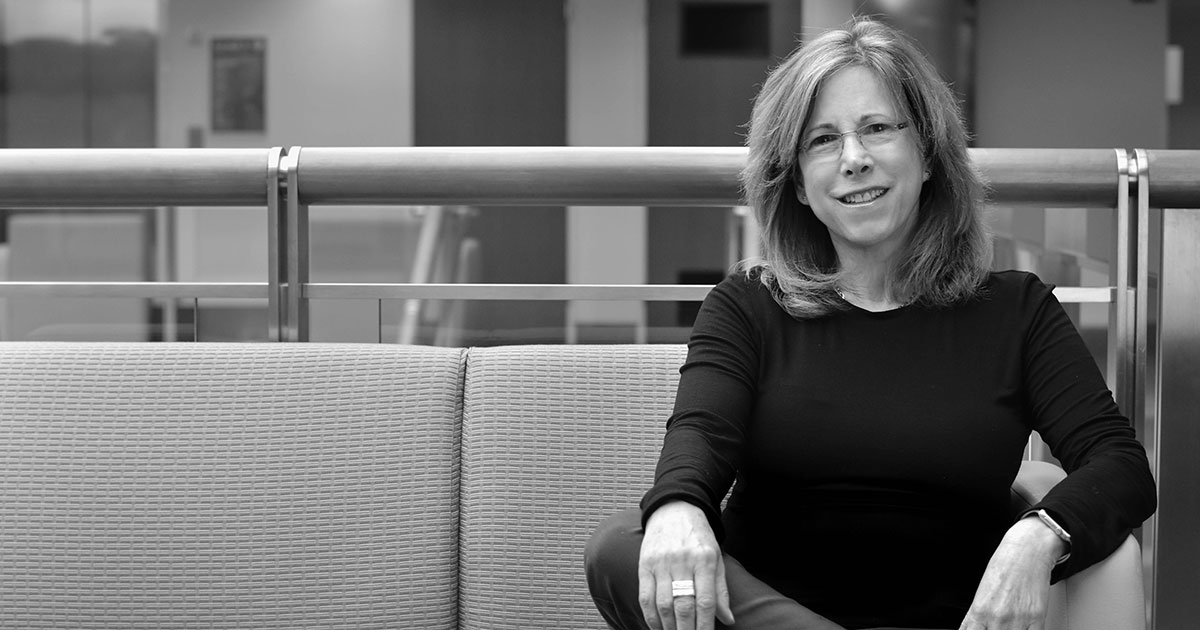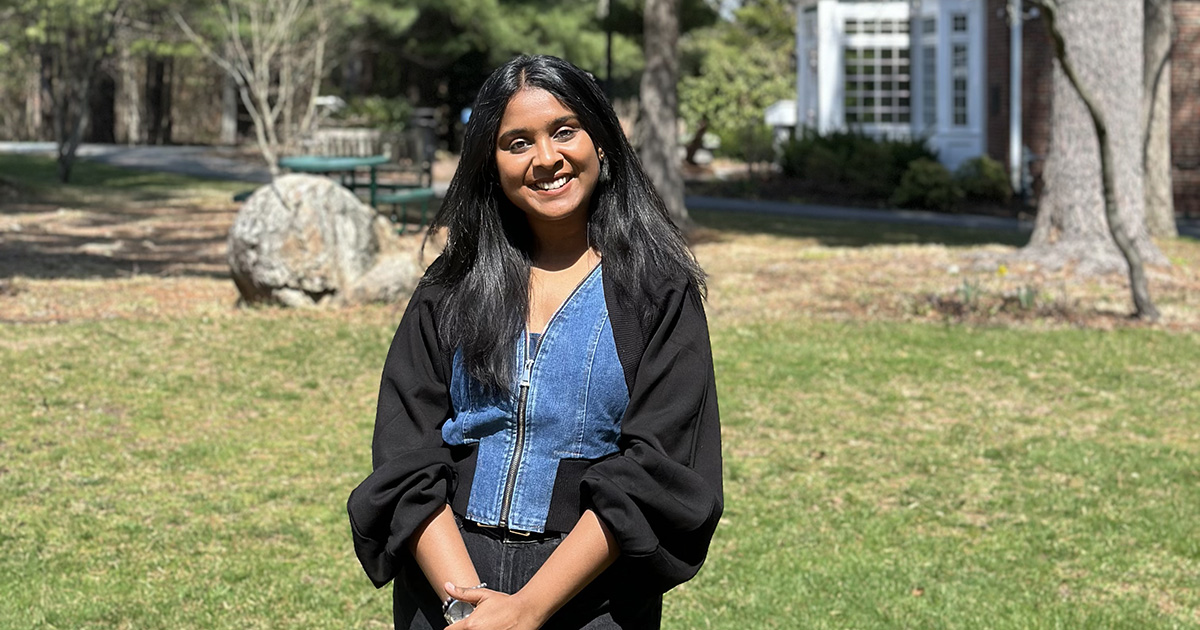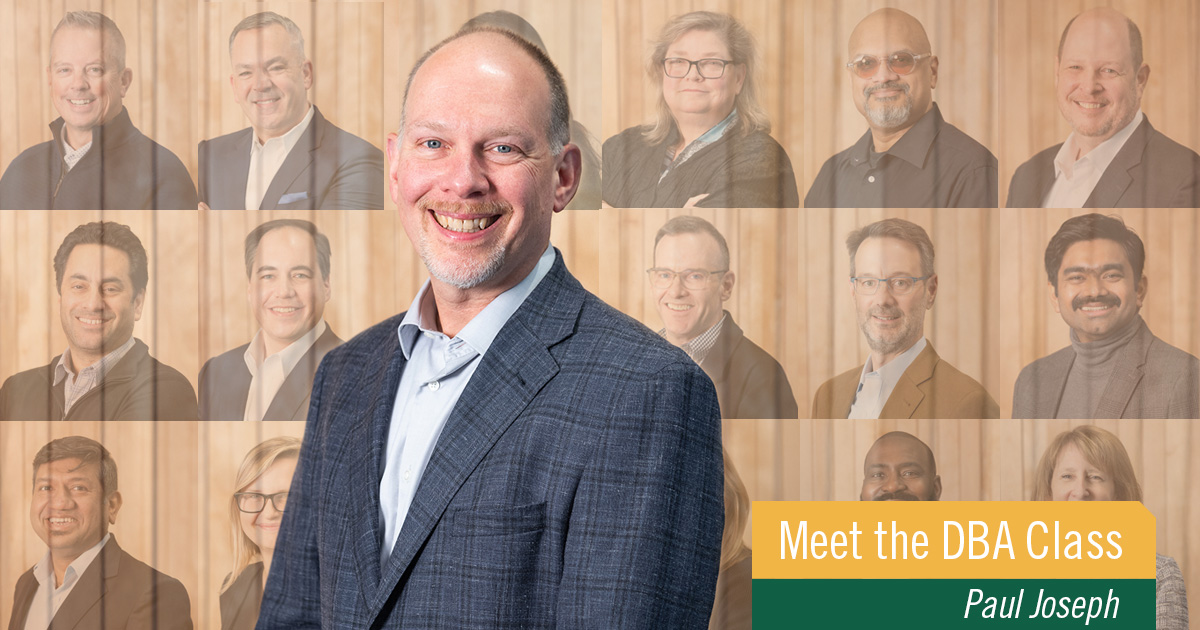Pursuing Purpose and Profit

These are changing times for business. More and more, companies are facing greater responsibilities to society.
So says Cheryl Kiser, the executive director of The Lewis Institute and Babson Social Innovation Lab. To be once considered a good corporate citizen, says Kiser, a business simply had to meet a set of baseline obligations: pay taxes, create jobs, do some sort of philanthropy.
“Today, the license to operate is much different,” says Kiser. “It’s not good enough to make money and then give a percentage of your profits away. People are expecting more.”
Beyond being environmentally friendly and hiring a diverse workforce, businesses increasingly are confronted with the expectation that they help solve formidable societal problems such as poverty or climate change. In the past, these issues would have been considered the domain of government. Not so much anymore.
“Some of the most important issues have been politicized,” Kiser says. “Governments aren’t as effective as they used to be. People look to business because they have confidence it can get things done.”
Kiser, along with the staff at The Lewis Institute, helps students navigate this shifting role of business. “We are here in service to our students and their journey,” says Kiser. “With all of these demands on business today, they can’t be business as usual.”
No Rules Here
Business as usual is not the way Kiser operates. That’s evident just by entering her Olin Hall office and seeing the sign on her desk. “There are no rules here,” the sign reads. “We’re trying to accomplish something.”
That quote, attributed to Thomas Edison, has sat on Kiser’s desk for more than 20 years in whatever job she has found herself in. “I live by that,” says Kiser. “That to me is an entrepreneurial mindset. I have never been satisfied with things as usual.”
Growing up in Fall River, Massachusetts, Kiser inherited this free-thinking outlook from her parents. Her mother founded a natural foods market, one of the first of its kind in New England. Her father was a Marine who protested the Vietnam War and ran unsuccessfully for a congressional seat. His old campaign poster hangs in Kiser’s office. “I grew up with activist parents who always bucked the status quo in service to justice and fairness and a vision for a better way,” she says.
Before arriving on campus in 2009, Kiser worked in a number of different settings: government, politics, academia, private companies. She believes those eclectic experiences also contributed to her thinking, exposing her to different views and perspectives. “When you’re in only one sector, you become myopic and are in an echo chamber,” she says. “I don’t know how to have just one point of view.”
Good Conversation
With Kiser at the helm, The Lewis Institute, a promoter of social innovation and social entrepreneurship, is not afraid to think differently. She and the staff try to expand students’ views beyond the traditional way of looking at business. “Our students always feel like they have to make the choice between profits and society,” says Kiser, who argues that no such choice needs to be made. Running a vibrant company and making an impact on society are not mutually exclusive goals.
As an example, Kiser points to Verizon, which has given millions to STEM-related education. Such a donation surely benefits students, but those students may one day work for a telecommunications company such as Verizon. “Companies do this because it’s a mutual benefit for them,” Kiser says.
To talk about business matters, The Lewis Institute organizes many ongoing conversations on campus. “Never underestimate the power of a good conversation,” says Kiser.
Helping lead discussions and acting as mentors are the institute’s Senior Fellows in Social Innovation. The institute has more than 50 fellows, who come from the worlds of business, government, nongovernmental organizations, and academia. Kiser likes exposing Babson’s business students to such a wide variety of backgrounds. “I want them to have as broad an experience as possible,” she says.
Design a Life
In all these conversations, Kiser and the institute staff listen intently to students. What matters to them? What are their dreams for their careers? How can they be helped to achieve them? “Listening is a big part of what we do,” Kiser says.
Students often come to her with their hopes to help solve a social problem such as obesity or poverty. Those are broad issues, so Kiser and the students will refine the problem the students want to address and the path they want to take in their careers. “We coach people on their journey,” Kiser says. “We spend a lot of time helping students to design lives for themselves.”
Kiser doesn’t necessarily point these students toward a career in nonprofits. Just as companies can seek profit and a social purpose, Kiser believes individuals can do the same. Whatever sector students ultimately work in, they can find plenty of opportunities to make a difference. “We can teach them how to create a purposeful and profitable pathway forward,” Kiser says.




